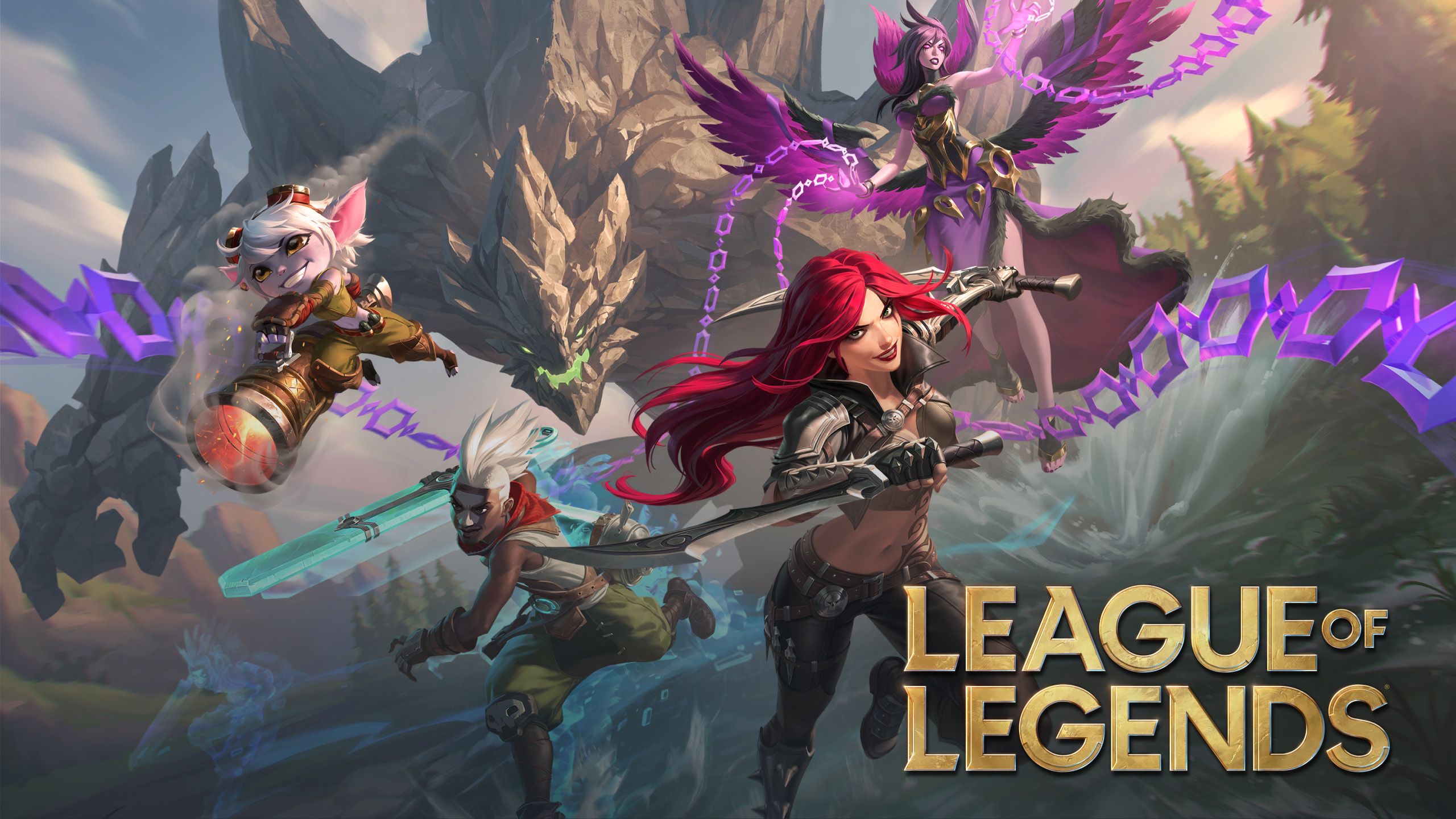Fearless Draft at Worlds 2025: The Revolution that Broke the Meta and Redefined the World Championship

What happens when 167 champions go to war and none can repeat their performance? Worlds 2025 answered this question with an explosion of strategies never seen before. The Fearless Draft was not just a new rule; it was an earthquake that shook the foundations of League of Legends, turning each series into unpredictable chess where versatility became a currency more valuable than technical perfection.
Imagine the scenario: traditional teams like BLG and T1, used to dominating with refined champion pools, suddenly facing an existential challenge. How to win when your trusted pick can only be used once? That was the reality imposed by Fearless Draft, a system that prohibits teams from selecting the same champion more than once during a best of 3 or 5 series. The result? A meta that collapsed like a house of cards, giving way to a battlefield where creativity and adaptability determined the survivors.
Strategic diversity was the most striking impact. While at MSI 2024 only 86 champions entered the field, Worlds 2025, under Fearless Draft, registered 107 distinct champions in a similar number of games. None appeared more than 17 times – a brutal contrast to the previous year, where 13 champions were spammed repeatedly. Epic series, like the duel between Hanwha Life Esports and T1 at the LCK Cup, became legendary for featuring 50 banned champions over five games, with unusual picks such as Akali top, Draven and Soraka bot, and even Mel support. Viewers no longer saw repetition; they witnessed pure innovation in every match.
But the impact goes beyond the numbers. Fearless Draft democratized the competition. Less favored teams like NIP and TT in the LPL surprised by leading their groups, while giants like IG and TES stumbled adapting. Doinb’s case is emblematic: after two years retired, he returned, was signed by NIP precisely for his versatility, and became MVP of the LPL regular season. “Without Fearless Draft, I probably wouldn’t be here,” he admitted. The format valued players with vast champion pools and coaches masters of draft chess, like BeryL, who celebrated the change: “It brought more diversity and made series better to watch.”
However, the revolution did not come without criticism. Some professionals, like coach Bielzera from Vivo Keyd Stars, expressed frustration returning to traditional draft after adapting to Fearless: “After a whole split training fearless, going back to normal is very boring.” The demand to master dozens of champions increased pressure on players, raising concerns that specialization would be sacrificed for versatility. Riot, attentive, already signals adjustments for 2026, such as increasing the number of bans or testing formats like “Ironman Draft,” where banned or picked champions remain unavailable throughout the series.
For the viewer, the balance was overwhelmingly positive. Matches became true puzzles, where each pick and ban carried immense strategic weight. The thrill of seeing a surprise pick, like ShowMaker’s Kled Mid, or the genius of “stealing” the opponent’s key pick to secure a permanent ban in subsequent games, redefined entertainment in LoL. Fearless Draft not only broke the meta; it rekindled the flame of unpredictability that fans longed for so much.
Ready to witness the next evolution of competitive play? Worlds 2025 was only the prologue. As Riot refines the format, one thing is certain: League of Legends will never be the same. The era of the “one-trick pony” is over. Versatility is now the true champion. Keep following our analyses to uncover every move of this revolution!
